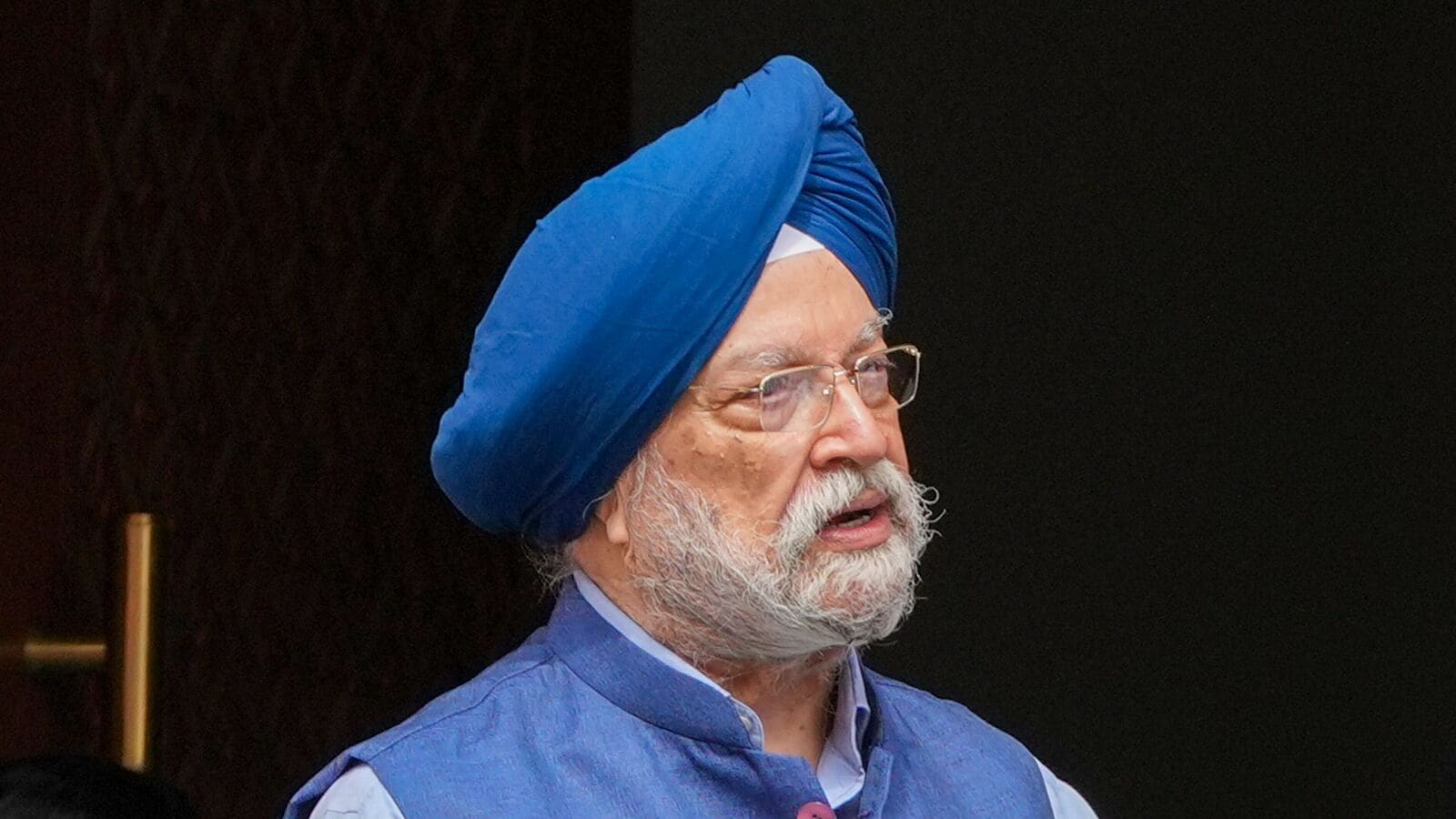New Delhi: Petroleum minister Hardeep Singh Puri on Friday dismissed concerns that ethanol-blended petrol was harming vehicles, saying that E20 fuel, which comprises 80% petrol and 20% ethanol, reduces performance by a marginal 1–3% and causes no engine failures.
Amid public outcry over mileage loss, Puri called ethanol-blending a “very successful story” that cuts oil imports and benefits farmers. India, he said, has rolled out E20 several years ahead of schedule and will raise the blend further gradually.
“Biofuels is more than just ethanol, but ethanol is a very big story. Ethanol is a very successful story. And there is no problem with the engine. The German, Japanese, all of them will tell you they’re running the same engine there,” Puri said at an event here. “But I have never heard of engine failure (after using E20 fuel),” he added.
“We are in a happy situation of having done E20 several years in advance, five or six years in advance. As we proceed, I am very sure, and we have comfort level with the ecosystem, the feed and everything. We will gradually raise it,” Puri said.
Citing Brazil’s usage of 27% ethanol-blending, Puri said that India’s biofuel usage would also increase gradually as the country’s energy demand rises.
He said the government was running pilot projects to leverage seaweed found in abundance on Indian coasts to make sustainable aviation fuel. Seaweed is not the only source of biofuels that had become a success, the minister said adding that bamboo was another such source.
India has also started making sustainable aviation fuel out of used cooking oil, Puri said. Using sustainable aviation fuel would help India’s aviation sector adhere to carbon offsetting rules set by the International Civil Aviation Organization that will be enforced from 2027.
Ethanol is traditionally made using sugarcane or molasses, or maize. Puri said India has increased the use of maize to make ethanol from nil to 40% in the last few years.
